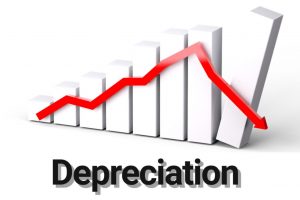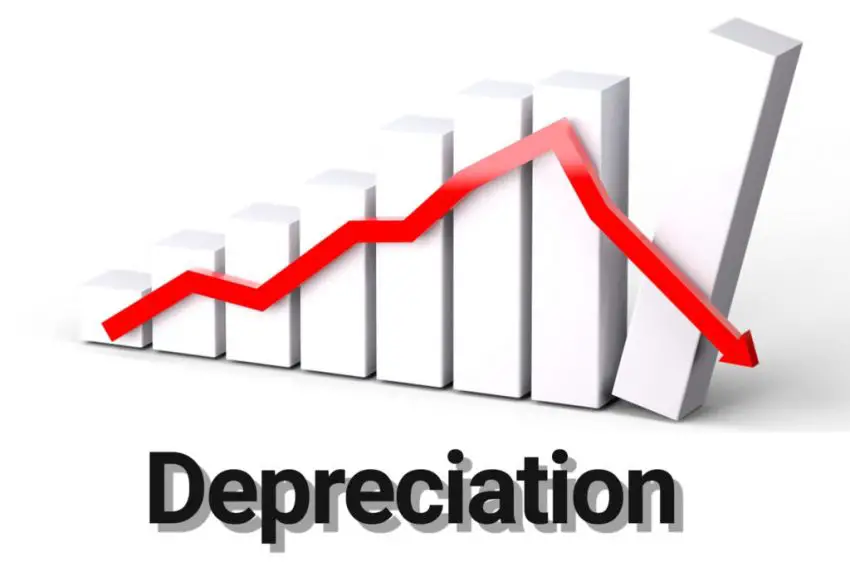If you’re like most taxpayers, when you hear the word “Depreciation,” you either glaze over or tune out. But depreciation is actually one of the most important tax concepts to understand – especially when it comes to your business. Lets Learn What is Depreciation and what assets cannot be depreciated?

Contents
What is Depreciation?
Depreciation is an important concept in accounting and tax preparation, but it can be confusing for those who are not familiar with it.
Depreciation is the gradual wearing down of an asset over time, and it is used to account for the loss in value of an asset due to age, wear and tear, or obsolescence. Depreciation is a non-cash expense, which means that it does not involve any actual cash outflow.
Depreciation is simply a way of allocating the cost of an asset over its useful life.
For tax purposes, depreciation can be used to reduce the taxable income of a business.
However, not all assets can be depreciated. Depreciation only applies to assets that have a limited useful life, such as buildings, machinery, and vehicles. Some Vehicles over 6000 pounds can be deducted 100 Percent using Section 179 and Bonus Depreciation. Check out List of Vehicles over 6000 Pounds.
What Assets Cannot Be Depreciated?
Depreciation is a complex topic, but understanding it is essential for accurate financial reporting. Here is the list of items that cannot be depreciated
- Property not owned by you or your business.
- Leased Property (True Lease)
- Land ( For Example: Farm Land, Land Portion of residential or commercial property, Land Held for investment)
- Collectibles Items such as Art and Coins
- Inventory held for resale
- Current Assets such as Supplies
- Other Current Assets such as Accounts Receivables.
- Intangible Investments such as stocks, index funds, Crypto and bonds
- Commercial and Residential Buildings that you haven’t renting for income or used for business.
- Personal property, which includes personal residence, personal vehicle or furniture
- Property that is placed in service for less than a year
- Intangible assets such as Goodwill, Franchise Fee, Loan Fee (These are Amortized not depreciated)
- Software Purchases(typically amortized or expensed)
- De-Minimis purchases (Typically less than $2500) with minimal useful life are charged to expense instead of depreciation.
Pro Tip: Do you know Depreciation vs Amortization? Its worth reading so you can understand each concept in detail.
Conclusion
Now that you read our article What Assets Cannot Be Depreciated? Hopefully you better understand that Depreciation is an important concept to understand when it comes to tax season, especially if you own any business assets.
In addition, there are some assets that cannot be depreciated at all.
We hope this article has helped clarify depreciation for you and given you a better understanding of the process.
Be sure to continue reading our blog for more helpful tips and information on accounting and finance.
Learn More
Depreciation vs. Amortization: An Overview of Depreciation and Taxes






1 thought on “What Assets Cannot Be Depreciated? (Ultimate Guide)”